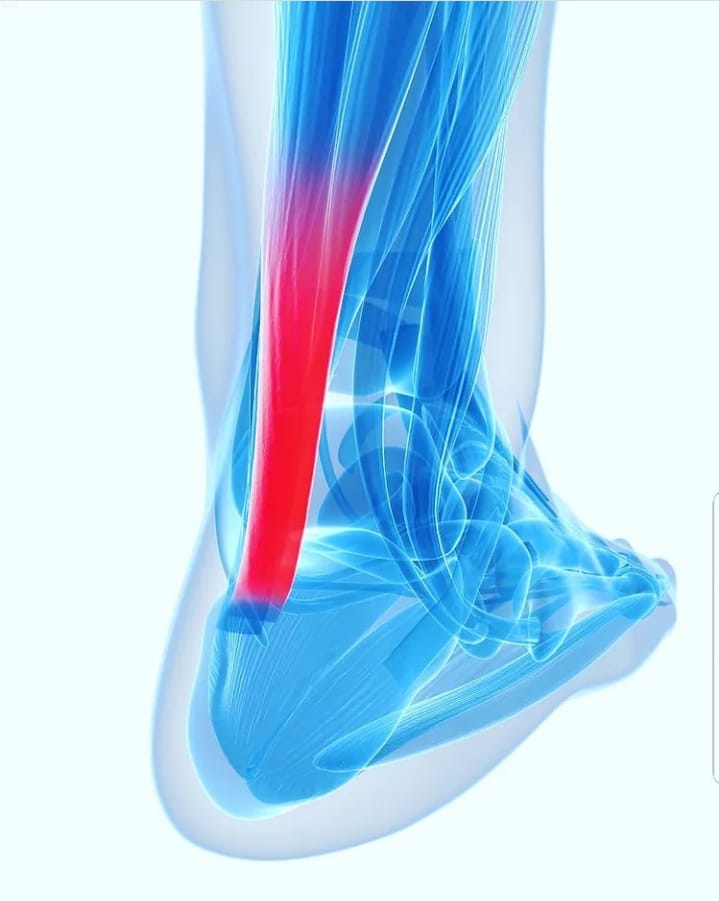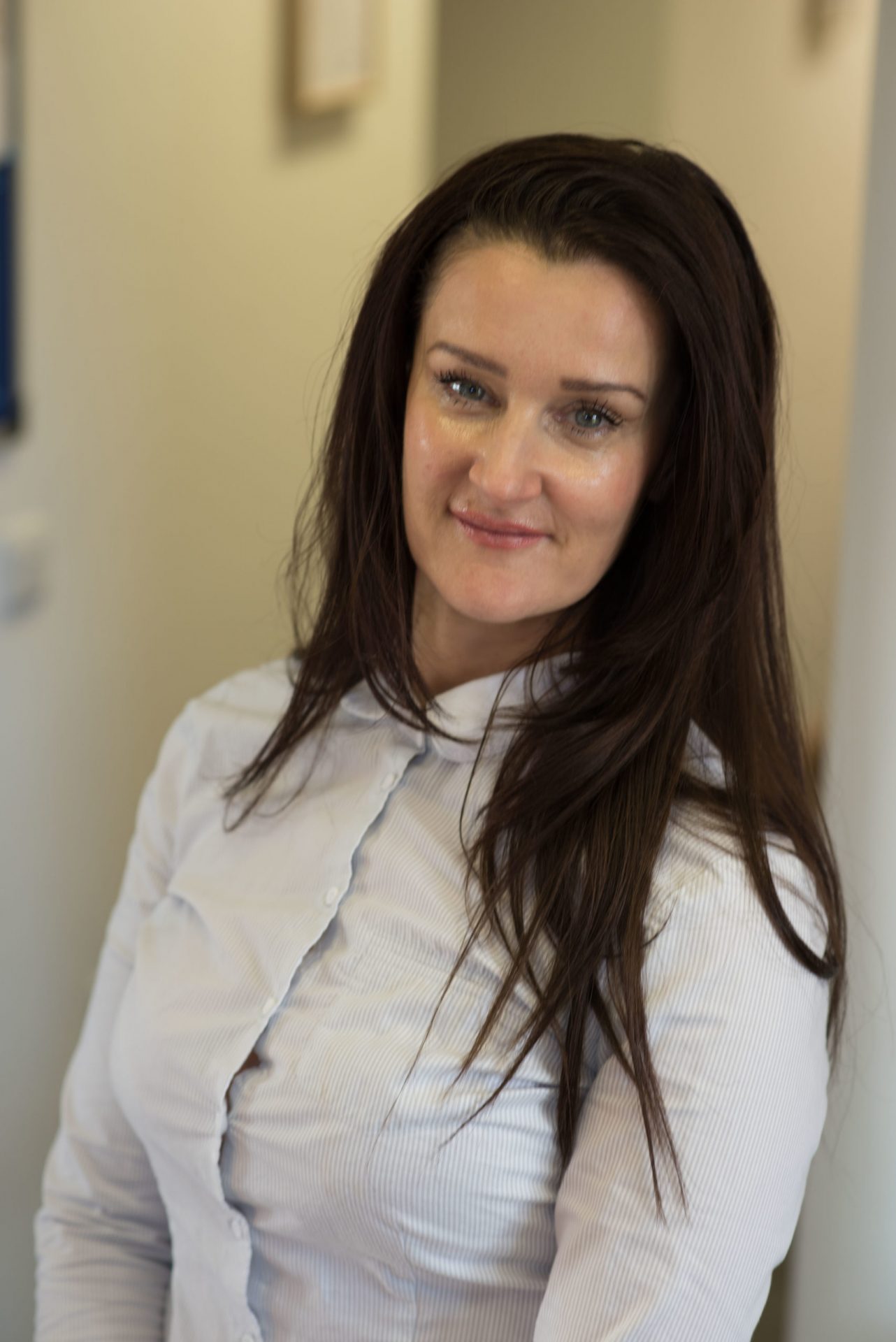Are you suffering from the pain in your achilles tendon? Get to know more about its symptoms, causes, and prevention
What is Achilles Tendinopathy?
Achilles tendinopathy is a medical condition known to cause pain, swelling and stiffness of the Achilles tendon that joins your heel bone to your calf muscles. It is caused by repeated minuscule injuries to the Achilles tendon. Most often, Achilles tendinopathy is found in runners as they typically overuse their tendons. The Achilles tendon is the largest tendon of the body for a good reason, it takes much of the load when we are running, jumping, or even walking! This tendon connects the calf muscles to the heel assisting with force transmission and acts like a spring when you push your foot off the floor. Also, the majority of individuals that suffer from Achilles Tendinopathy are active individuals, from the weekend warrior to the high-level athletes.
Symptoms of Achilles tendinopathy
Symptoms of Achilles tendinopathy include:
- pain at the back of the heel
- difficulty walking – sometimes the pain makes walking impossible
- swelling, tenderness and warmth of the Achilles tendon.
Causes of Achilles tendinopathy
Moreover, some of the causes of Achilles tendonitis include:
- overuse injury – this occurs when the Achilles tendon is stressed until it develops small tears and degeneration. Runners seem to be the most susceptible. People who play sports that involve jumping, such as basketball, are also at increased risk.
- arthritis – Achilles tendonitis can be a part of generalised inflammatory arthritis, such as ankylosing spondylitis or psoriatic arthritis.
- foot problems – some people with flat feet or hyperpronated feet (feet that turn inward while walking) are prone to Achilles tendonitis. The flattened arch pulls on calf muscles and keeps the Achilles tendon under tight strain. This constant mechanical stress on the heel and tendon can cause inflammation, pain and swelling of the tendon. Being overweight can make the problem worse
- footwear – wearing shoes with minimal support while walking or running can increase the risk, as can wearing high heels
- overweight and obesity – being overweight places more strain on many parts of the body, including the Achilles tendon
How to Prevent Achilles tendinopathy
In addition, there are suggestions to reduce your risk of Achilles tendinopathy and these include:
- incorporate stretching into your warm-up and cool-down routines
- maintain an adequate level of fitness for your sport
- avoid dramatic increases in sports training
- if you experience pain in your Achilles tendon, rest the area. Trying to ‘work through’ the pain will only make your injury worse
- wear good quality supportive shoes appropriate to your sport. If there is foot deformity or flattening, obtain orthoses
- avoid wearing high heels on a regular basis. Maintaining your foot in a ‘tiptoe’ position shortens your calf muscles and reduces the flexibility of your Achilles tendon. An inflexible Achilles tendon is more susceptible to injury
- maintain a normal healthy weight.
If you are just enduring that pain caused by your achilles tendon and it already frustrates you, we can provide a treatment protocol for you and put you back on track. Schedule an appointment here or you may call us at 44 (0) 207 101 4000.📞
Hope you are having a feetnomenal day! 👣☀️
-The Chelsea Clinic and Team
Learn more about pitted keratolysis here https://www.thechelseaclinic.uk/pitted-keratolysis-🦠/
Check our blog about Simple Exercises to Keep Your Feet Mobile https://www.thechelseaclinic.uk/simple-exercises-to-keep-your-feet-mobile/
Read our blog about Custom Foot Orthotics https://www.thechelseaclinic.uk/custom-foot-orthotics/




